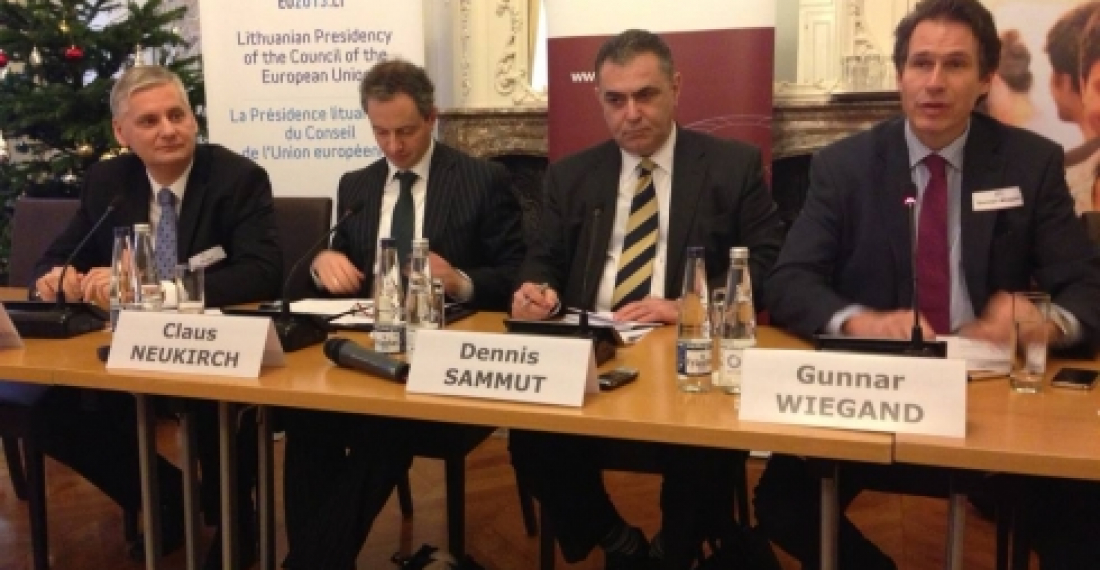At a conference focusing on the unresolved conflicts in Eastern Europe held in Brussels on Tuesday, 17 December, the importance of confidence buidling measures as a way of helping the resolution of the conflicts was highlighted by many of the speakers and participants.
The conference with the theme "Bringing peace to the EU's Eastern neighbourhood - Challenges, prospects and opportunities for the OSCE and the EU" was organised by the European Policy Centre (EPC) and Conflict Management Initiative (CMI) in collaboration with the Lithuanian Presidency of the European Union, and was held in the premisies of the Lithuanian Delegation to the EU in Brussels.
The issue of confidence building measures was prominent in the first panel which looked at the events of the past two decades. Speakers on the panel emphasised that such measures are essential to create the right conditions for the sides to conduct negotiations and to avoid misperception. The matter was of particular importance in the context of the conflict on Nagorno-Karabakh it was stated. This view was also supported by the representatives of the Embassies of Azerbaijan and Armenia who were among the hundred or so participants in the event, and who in their interventions also referred to current work being done and of the need for confidence building measures, although there were different views as to what measures should be prioritised.
The panellists also referred top recent events including the Vilnius summit, events in Ukraine and the recent meeting between the Presidents of Armenia and Azerbaijan.
source: commonspace.eu
photo: Gunnar Wiegan, Director for Europe at the European External Action Service speaking during the first panel of the event held in Brussels on 17 December. Other panellists included Claus Newkirch from the OSCE Conflict Management Centre, Sergei Markedonov, an independent Russian analyst and Dennis Sammut (LINKS and EPC) who chaired the event. (picture courtesy of the EPC).
Commentary
Brussels conference emphasises importance of CBMs for resolving conflicts.







